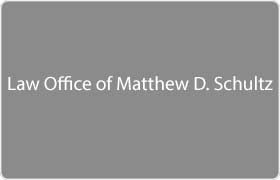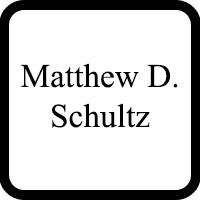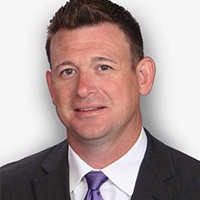 Osprey DUI-DWI Lawyers, Florida
Osprey DUI-DWI Lawyers, Florida
Sponsored Law Firm
-
 x
x

Click For More Info:
-
Law Office of Matthew D. Schultz
495 Grand Blvd. Suite 206 Miramar Beach, FL 32550» view mapAccident & Injury Law Over 25 Years of Experience
Mr. Schultz is an accomplished lawyer that has over twenty-five years of legal experience in accident & injury matters.
800-960-5971
Sponsored Lawyers
1-4 of 4 matches
Criminal, Traffic, DUI-DWI, Misdemeanor
Attorney David A. Haenel is one of the most celebrated criminal defense, DUI and traffic ticket attorneys in Florida. Since 2000, Mr. Haenel has been working to ensure the best possible results in each case he tries. After graduating in the top third of his law school class at the Widener University School of Law, Mr. Haenel went on to earn a Master of Law degree in criminal law from the State University of New York at Buffalo. Mr. Haenel’s career began in the State Attorney’s Office. He was named the State of Florida DUI Prosecutor of the Year while he was in this role. His experience as a prosecutor is now put to work on behalf of clients who are accused of various criminal, DUI and traffic offenses. Mr. Haenel has earned a stellar reputation among his clients and peers. Mr. Haenel is admitted to practice law before the Federal District Court for the Middle District of Florida, the State Courts of Florida and the State Courts of New Jersey. He is a member of the Florida Association of Criminal Defense Lawyers and the Sarasota County Bar Association.
(more)Felony, Divorce, Traffic, DUI-DWI
Mr. Coyne started his career as a prosecutor for the State of Florida in the Twelfth Judicial Circuit. While acting as a prosecutor, he individually handled thousands of cases. He specialized in DUI and domestic violence. After leaving the State Attorney's Office, Mr. Coyne accepted a position representing the City of Sarasota and specifically the Sarasota Police Department. Mr. Coyne acted as the chief litigator for the City of Sarasota, representing the City in asset forfeitures, personal injury cases, contract disputes and civil rights violations. Mr. Coyne also advised several civilian volunteer boards, including but not limited to the Nuisance Abatement Board, the Police Advisory Board, the Board of Rules and Appeals (Building Department) and other temporary boards.
(more)



 Matthew Schultz Saint Cloud, FL
Matthew Schultz Saint Cloud, FL Practice AreasExpertise
Practice AreasExpertise


